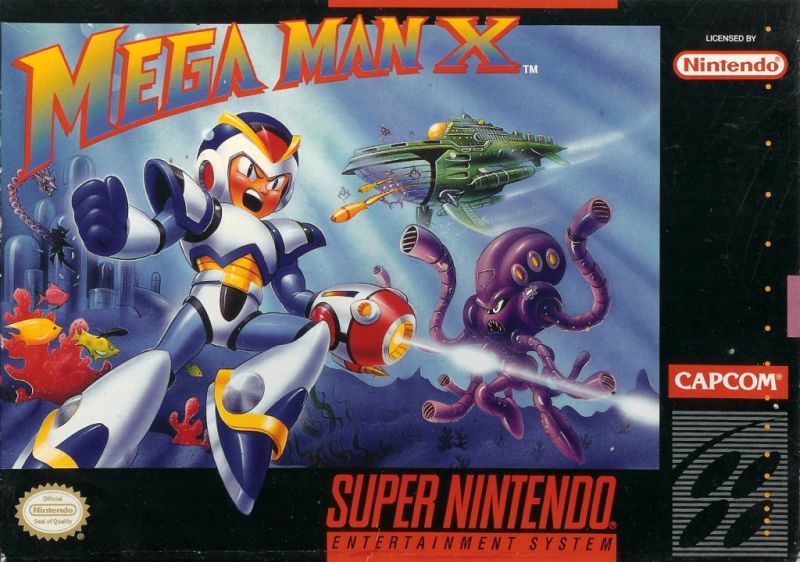When games are launching from side-a to side-b, there will be dealings between third-party studios and platform holders. That’s what we call business, and with the full support from companies like Sony, Nintendo, and Microsoft, it’s obvious that third-party publishers/studios will take that opportunity to develop games exclusively on a particular console for revenue. It’s not entirely bad, in a business perspective, but for consumers, it might be.
Console wars has been the trend ever since these machines existed. Nintendo vs Sony in the past years, when Microsoft came in to play, the three powerhouses marched across home owners with their exclusives. Even before, third-party exclusives on platforms already existed. It’s not new. Square’s Final Fantasy was an exclusive franchise for Nintendo, but later on sided with Sony for Final Fantasy VII, the first ever PlayStation-only installment of the Final Fantasy franchise.
So, why is it a bad thing having third-party exclusives on platforms? Simple, it eliminates some portion of what we call a console war and the probability of getting a game axed. When third-party studios get involved in such agreement, they will be greeted with such pressure from platform holders. They give them the budget, a deadline, a dev-kit, and marketing. Great games such as RiME and the cancelled Scalebound were made by third-party studios – Tequila Works and Platinum Games respectively – that were supposed to be exclusives on PS4 (RiME) and Xbox One (Scalebound).
From a developer’s standpoint, it’s never easy to make games. They bring up a footage, even if it’s CGI, which shows their vision of the game they’re crafting for the platform holders. When it comes to the production and/or development stage, codes are made, assets are created, soundtracks are composed, and the progress is there. However, under peer pressure, a promising game gets caught in the middle. Tequila Works’ new IP got hammered as a PS4 exclusive because of some reason that there was “no” game made yet; fortunately, the studio bought the license and rights back and looked for a different publisher to make it happen. Another is Scalebound’s cancellation due to some disagreements between Microsoft and Platinum Games – but, the thing with Scalebound, the license wasn’t bought back by Platinum Games which leaves the title in a blackhole.
RiME proved its success when it launched. With some similarity from The Last Guardian which Sony almost axed due to development struggles, Team Ico’s title was given a chance to bloom. After The Last Guardian’s initial announcement back in 2009, it was delayed for almost a decade. The gameplay footage of The Last Guardian was shown, but it didn’t run at optimal performance on the PS3 which led Team Ico to fast-forward the clip and made the video look like there weren’t any issues. I myself think that this is quite similar to RiME’s situation, but why did Sony let Team Ico get a pass and Tequila Works didn’t? Answer is: Team Ico is a first-party studio while Tequila Works is a third-party studio.
For what Tequila Works did, they did the right thing of re-acquiring the license of RiME to make it possible. And for that, it started off as an exclusive for the PS4 back in E3 2013, but now it’s available on Xbox One, PC, and it’s also coming to Nintendo Switch. This move by Tequila Works has made sure that everyone gets to play RiME on any platforms that gamers prefer.
I think that third-party studios should practice more on releasing games to all current generation platforms to ensure, not just the sale’s success, that the game itself can reach a lot of gamers. Third-party publishers such as Electronic Arts, Ubisoft, 2K Games, Activision, and Rockstar Games have proven that they want to reach as much platform owners and experience what they’ve created. This also avoids unforeseen problems like what happened to Scalebound. Because in the end, the time, effort, and money spent developing a game will just be for nothing.
[alert type=white ]The views expressed in this article are those of the author and do not necessarily represent the views of, and should not be attributed to Sirus Gaming as a whole.[/alert]








